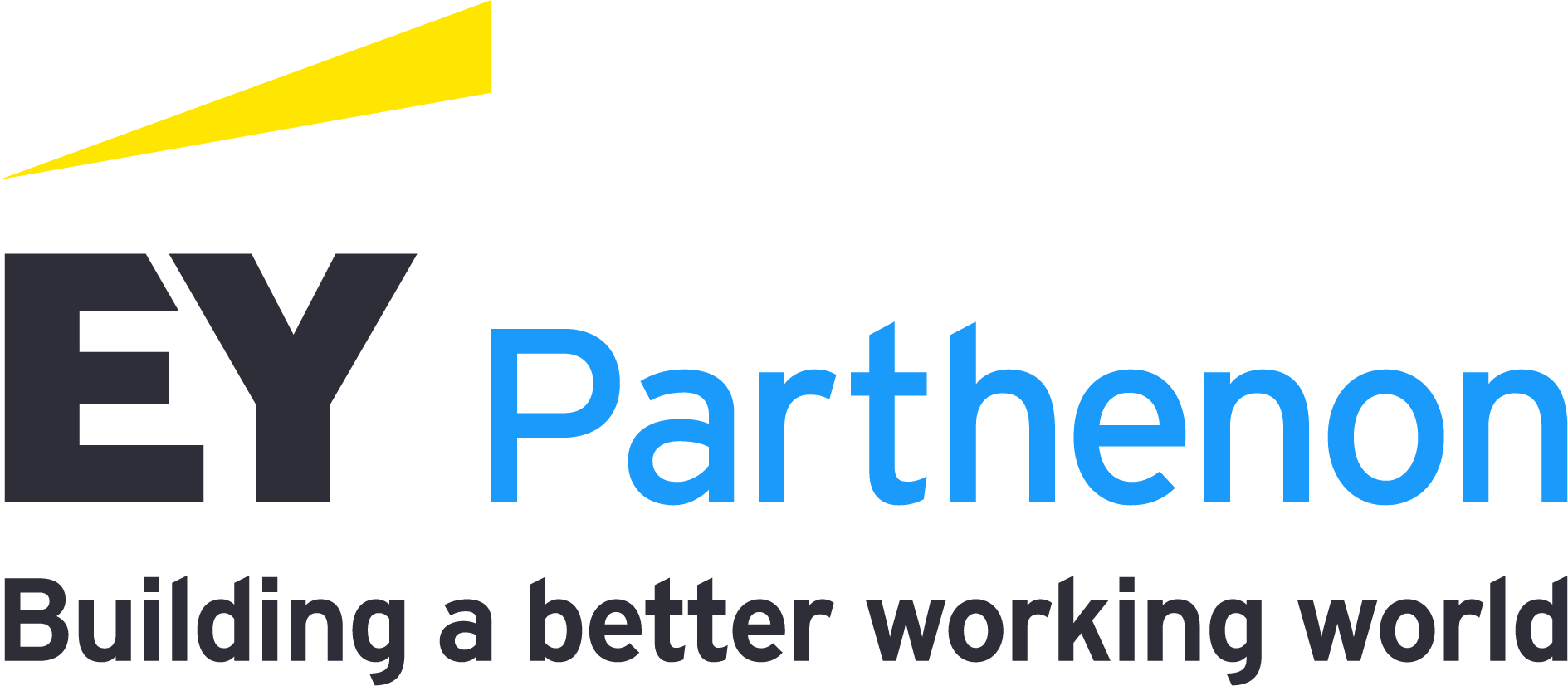In our conversations with industry CEOs and board members during the last year, it is clear that purpose is top of mind. The most common question these leaders ask is, how to measure the impact? The key is to look beyond purely financial metrics and create models to guide decision making for the allocation of all forms of capital – including financial, human and political – and for tracking the effects of purpose-driven policies and actions.
Even before COVID-19, there was considerable industry momentum in this direction. Due to shifting expectations of investors and consumers, insurers are more focused on ESG than ever before and are working to establish frameworks to guide decision making in these areas. The good news is that standards are beginning to emerge. The Embankment Project for Inclusive Capitalism (EPIC) developed a long-term value framework with metrics grouped around four essential focus areas:
- Human talent
- Consumer needs
- Societal and environmental concerns
- Corporate governance
The World Economic Forum’s International Business Council (IBC), a group of approximately 120 global CEOs, with the support of the “Big 4” consulting firms, proposed a common, core set of 22 metrics and recommended disclosures – organized around governance principles, people, planet and prosperity. The IBC’s model builds on the EPIC framework, with the goal of helping companies communicate how they create sustainable value and live their purpose.
These efforts are a starting point and useful in establishing standard measures. However, it will still be challenging to allocate budgets and deploy capital across many conflicting purpose-driven priorities and then apply these metrics to measure results. Most companies are at the early stages of developing these. But rapid maturation is possible and will probably occur as acceptance of stakeholder capitalism expands. Indeed, the first generation of projects has only recently been completed.
The old truism that what gets measured gets managed will certainly apply as regulators and industry groups continue to push for increased disclosures on diversity and inclusion, corporate governance and climate change metrics. In tracking performance against purpose, insurers should aim to monitor the impact on value creation across the near, middle and longer terms and prepare to be transparent about their findings. Such reporting and transparency may provide consumers and markets a clearer sense of all that insurers have done and therefore could lead to increased customer loyalty, higher valuations and better share price performance.




